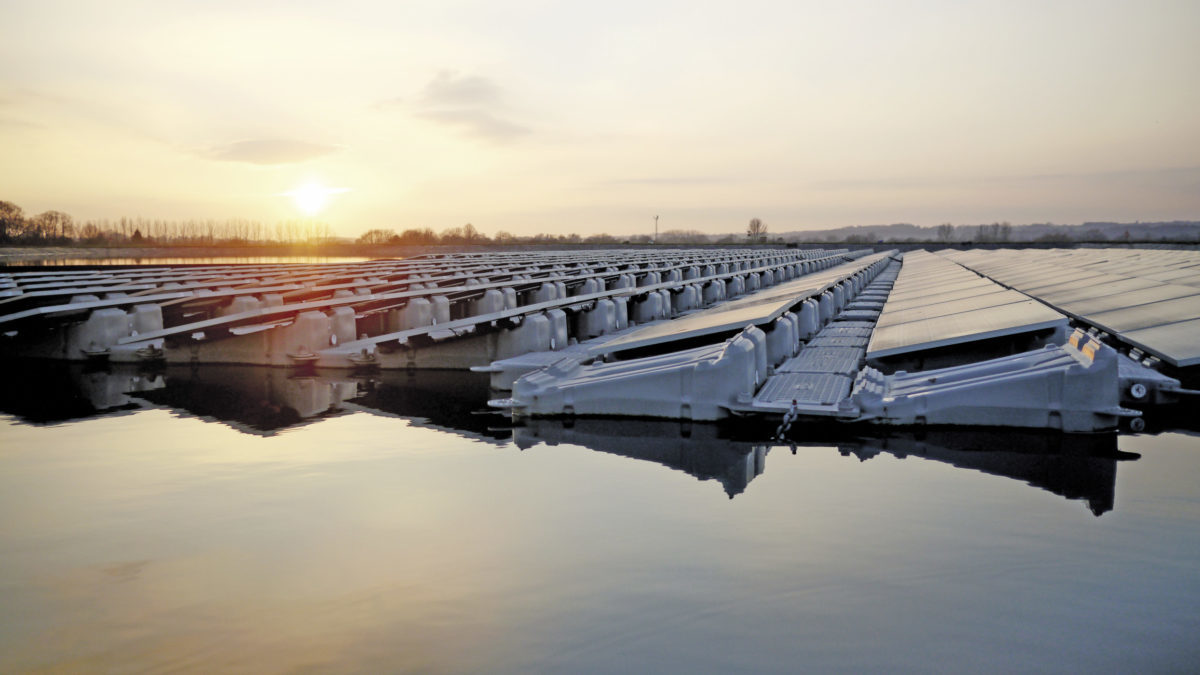State-run hydro power producer NHPC has signed a Memorandum of Understanding (MoU) with Green Energy Development Corporation of Odisha Limited (GEDCOL) to develop an aggregate 500 MW of floating solar projects in the state.
The two entities shall form a joint venture to set up the capacity in a phased manner, preferably in 50 MW packages.
The capacity shall be developed under the Ministry of New and Renewable Energy’s Ultra Mega Renewable Energy Power Parks (UMREPP) Scheme.
“Parties [NHPC and GEDCOL] may collaborate and cooperate to form a joint venture company (JVC) to plan and develop techno-commercially feasible floating solar power projects of 500 MW in Odisha under UMREPPs scheme of Ministry of New and Renewable Energy), in a phased manner, preferably in packages of 50 MW each,” NHPC stated in a Bombay Stock Exchange filing.
NHPC and GEDCOL also agreed to explore further potential of installing floating solar projects after joint identification in subsequent periods in Odisha.
The government of Odisha plans to develop around 500 MW of floating solar power plants on various reservoirs in the state in collaboration with National Hydroelectric Power Corporation, shared power minister R.K. Singh in Parliament earlier this year.
Odisha has the potential of generating 17,755 MW of electricity from floating solar over 877 sq.km of water surface area in its reservoirs, according to a report by sustainability thinktank The Energy and Resources Institute (TERI).
This content is protected by copyright and may not be reused. If you want to cooperate with us and would like to reuse some of our content, please contact: editors@pv-magazine.com.









By submitting this form you agree to pv magazine using your data for the purposes of publishing your comment.
Your personal data will only be disclosed or otherwise transmitted to third parties for the purposes of spam filtering or if this is necessary for technical maintenance of the website. Any other transfer to third parties will not take place unless this is justified on the basis of applicable data protection regulations or if pv magazine is legally obliged to do so.
You may revoke this consent at any time with effect for the future, in which case your personal data will be deleted immediately. Otherwise, your data will be deleted if pv magazine has processed your request or the purpose of data storage is fulfilled.
Further information on data privacy can be found in our Data Protection Policy.